Water is essential for life. And life on Earth as we know it hinges on our collective ability and commitment to safeguard and preserve the purity of water – a vital resource that unites us all. This Earth Day, we… Read More
Like Water for Earth
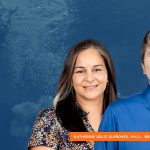

Water is essential for life. And life on Earth as we know it hinges on our collective ability and commitment to safeguard and preserve the purity of water – a vital resource that unites us all. This Earth Day, we… Read More
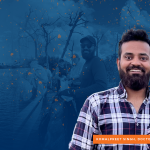
Komalpreet Singh, a doctoral student in the Department of Environmental Engineering Sciences, was selected as a National Science Foundation’s (NSF) GeoHealth INTERN to work with public health professionals to monitor human pathogens and bacteria in bodies of water. To be… Read More
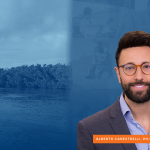
Oyster reef ecosystems are essential for marine life and have been known for being self-sustaining and keeping pace with sea level rise. Reefs provide nutrient regulation and also mitigate erosion by reducing the impact of waves. This wave mitigation benefits… Read More
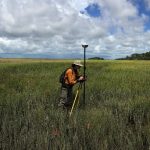
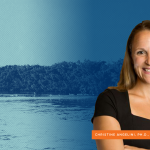
Charlotte Harbor water quality analytics pilot project expands The University of Florida’s Center for Coastal Solutions, or CCS, and the SAS Institute, a global leader in data analytics software, are joining forces to study the factors that influence water quality… Read More
Peat bogs, salt marshes, mangrove forests and seagrass meadows cover only 1 percent of the Earth’s total surface but sequester more than 20 percent of all the CO2 absorbed by ecosystems worldwide. This unique property arises because plants build these… Read More
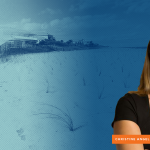
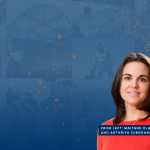
Weather forecasting systems today predict ever more accurately where hurricanes will make landfall, but tomorrow they may also predict how much damage the hurricanes will do. Maitane Olabarrieta, Ph.D., associate professor, and Arthriya Subgranon, Ph.D., assistant professor, in the Department of Civil &… Read More
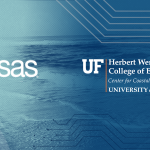
The University of Florida’s Center for Coastal Solutions (CCS) and SAS Institute (SAS) entered a strategic partnership to develop tools, training programs, curriculum and research that will continue to trailblaze around the UF AI initiative and the Herbert Wertheim College… Read More